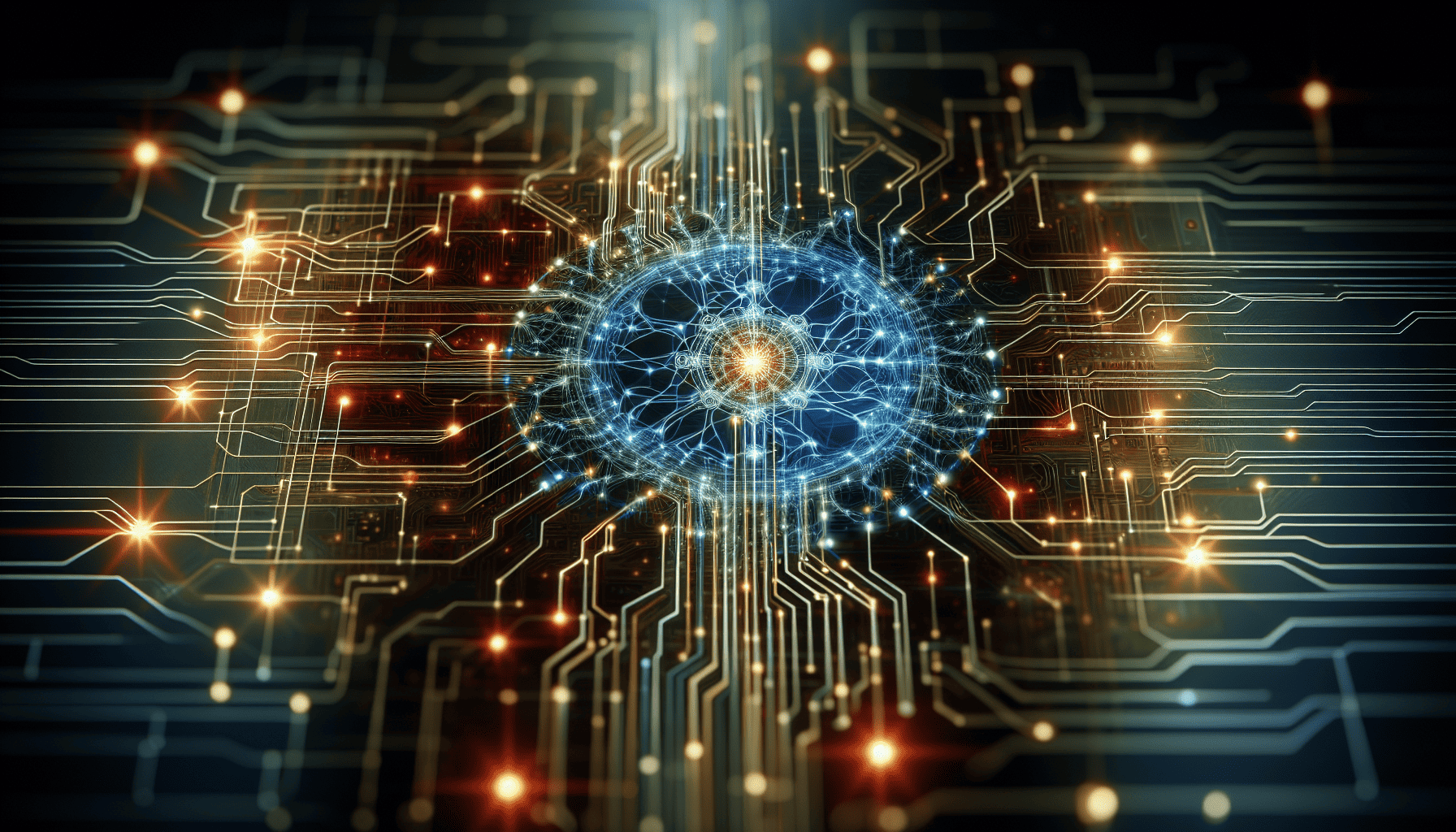Artificial Intelligence (AI) and Machine Learning (ML) have rapidly emerged as transformative forces, redefining our capabilities across diverse fields and promising enhanced problem-solving strategies. These technologies, rooted in complex algorithms and vast data utilization, are increasingly entrusted to tackle intricate challenges that previously seemed insurmountable.
The core advantage of AI and ML lies in their ability to process and analyze large volumes of data with remarkable speed and accuracy. As the digital age continues to generate an abundance of data, the capacity to decode patterns and glean actionable insights has become indispensable. These insights allow businesses to optimize operations, predict market trends, and improve customer experiences. Industries ranging from healthcare to finance, and manufacturing to entertainment, are reaping the benefits of AI-driven analytics.
One of the key developments in AI is the enhancement of natural language processing (NLP), which enables machines to understand and respond to human language with increasing accuracy. This capability is crucial in creating more intuitive human-computer interactions, as seen in virtual assistants and chatbots that offer seamless customer service experiences. Moreover, advancements in computer vision are empowering machines to interpret and respond to visual data, facilitating innovations in fields such as autonomous driving and medical imaging.
In healthcare, AI and ML are revolutionizing diagnostic processes by providing tools that can analyze medical data and predict outcomes with high precision. These technologies enable early detection of diseases and personalized treatment plans, potentially saving countless lives and optimizing resource allocation.
In the realm of cybersecurity, AI is playing a pivotal role in identifying and mitigating threats in real-time. By learning from vast datasets, AI systems can detect anomalies and predict potential breaches, allowing organizations to bolster their defenses proactively.
However, the rapid advancement of AI and ML also raises important ethical considerations. As these technologies become more integrated into our daily lives, questions surrounding data privacy, bias in algorithmic decision-making, and the potential displacement of jobs need to be addressed. Ensuring the development of responsible AI systems that prioritize fairness and transparency is crucial for maintaining public trust and societal benefits.
Furthermore, the dynamic nature of AI and ML requires continuous learning and adaptation. As technologies evolve, so too must the professionals working with them. Upskilling and reskilling are essential for workforce readiness, enabling individuals to harness the full potential of these tools.
In summary, AI and machine learning are at the forefront of a new era of intelligent problem-solving. By leveraging their capabilities, we have the opportunity to tackle complexities with unprecedented efficiency and creativity. As we navigate this transformative landscape, it is imperative to balance innovation with ethical considerations, ensuring that these technologies serve the greater good and pave the way for a smarter, more sustainable future.
